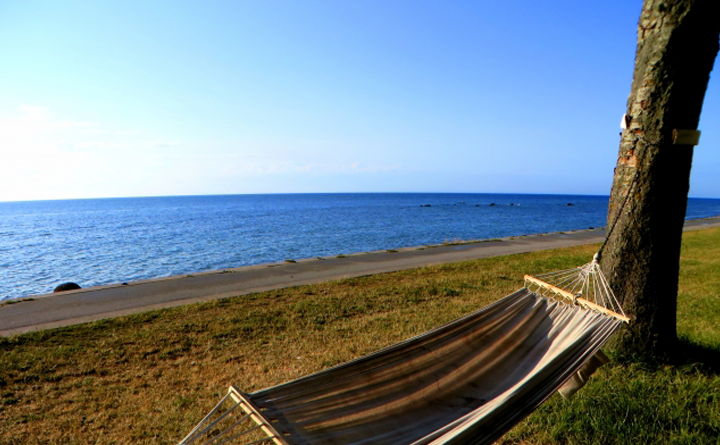I just tried fasting recently.

Fasting is basically refraining from eating for a period of time. I have been interested in trying it, and since my weight is constantly on the rise these days, I decided to give it a go.
Here is the breakdown of what I did: 2 days of pre-fast (preparatory) meals, 5 days of fasting, and 3 days of post-fast (recovery) meals. For the pre-fasting and post-fasting, non-plant proteins such as meat, fish, and eggs must be avoided. During the fast days, taking sips of diluted fermented drink, eating an umeboshi (pickled plum), and having a small amount of supplements are allowed to keep blood sugar stable, but basically that’s it- no food. Drinking plenty of water seems to be a good idea. Apparently, the three primary reasons to fast are to:
- Trigger cellular autophagy by putting the body under starvation
- Reduce intake of unnecessary and harmful substances such as food additives
- Give gut and other digestive system a break
Overall, the purpose is to detox the body, but because you don’t eat, you can also expect to lose weight. Although, since your body burns muscle in the beginning, muscle mass loss is inevitable. So, apparently, making sure that the body switches to burning fat at an early stage is key.

Anyway, I used a personal trainer to try fasting this time, but then thought to myself, “I’m paying money to not eat; this is so weird.”
It reminds me of how hotels and resorts like the Six Senses offer “do-nothing island vacation” packages these days, and they are popular. Even though I agree that digital detox is a worthwhile thing to do, paying a few million Japanese Yen, specifically to cut yourself off from materialistic life, is not very understandable - at least for many Japanese, I bet. That said, it is also true that people are spending money on it because they see value in doing so, so this is a very interesting time we live in.
There is this funny story about a man from an industrialized country who tries to persuade a lazy indigenous man to work:
“Can you just wake up and work harder?”
“Why?”
“Work hard and make money and be rich. Then you don’t need to work. You can spend your life sleeping as much as you want.”
“But that’s what I’m doing, boss.”

Marie Kondo, known as KonMari, is now popular among Americans with her timely publication of the book, “The Life-Changing Magic of Tidying Up” which introduces various tidying-up tips. As the United States faces a turning point in its overproduction/overconsumption culture, perhaps she was received as the first person to teach how to “properly” throw things away. She calls for giving up on things that don’t “spark joy” and keeping yourself light. While this doesn’t sound particularly novel for Japanese, to those Americans who have garages full of junk, this might have been an eye-opener.
It is said that creating one’s reserve is important in order to improve one’s self-esteem. The essence of building up your reserve is not in increasing it quantitatively, but in deciding what is enough for yourself. How much savings will make you feel good financially? How many personal connections do you need? And how much information? Humans are insatiable creatures, and as long as we remain greedy, we will always have a sense of insecurity. Knowing that what you have is enough is key to end the fear of insecurity. Being able to feel an infinite amount of joy from a mouthful of rice is the key to achieving true happiness.
Clearly, there are still so many people living in poverty in the world today, and the truth is that they are suffering from a level of starvation that is hard to imagine for us living in Japan. There are also many refugees and endlessly arising conflicts. In contrast, we are surrounded by abundance, and that is why I feel that we should maintain a high ethical standard when it comes to knowing what is sufficient.